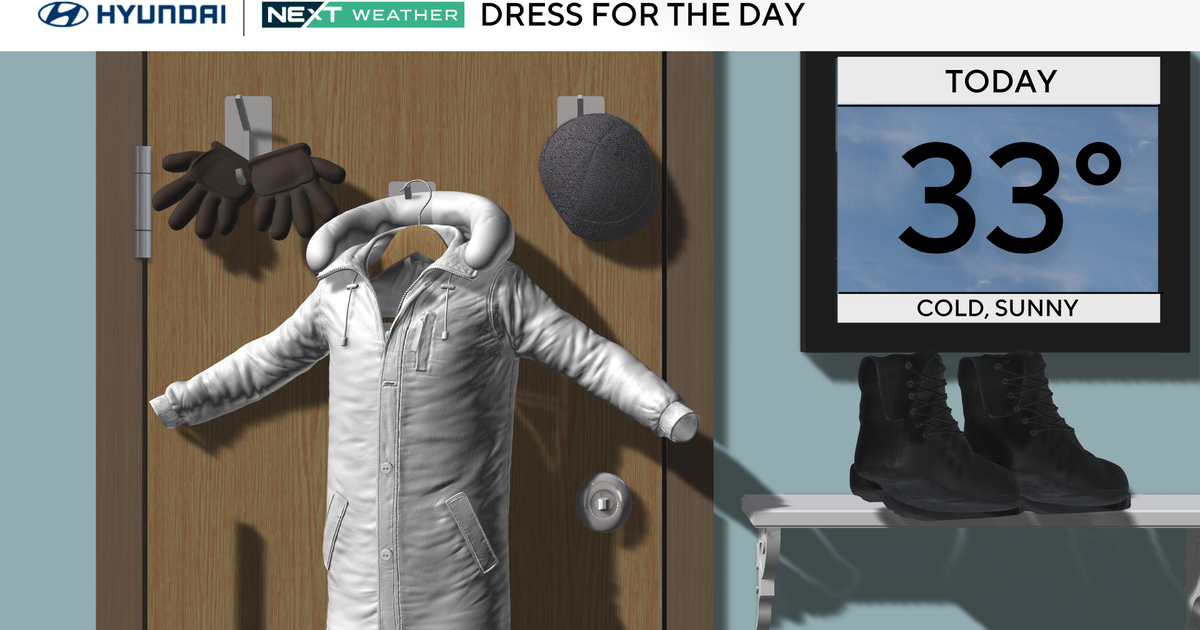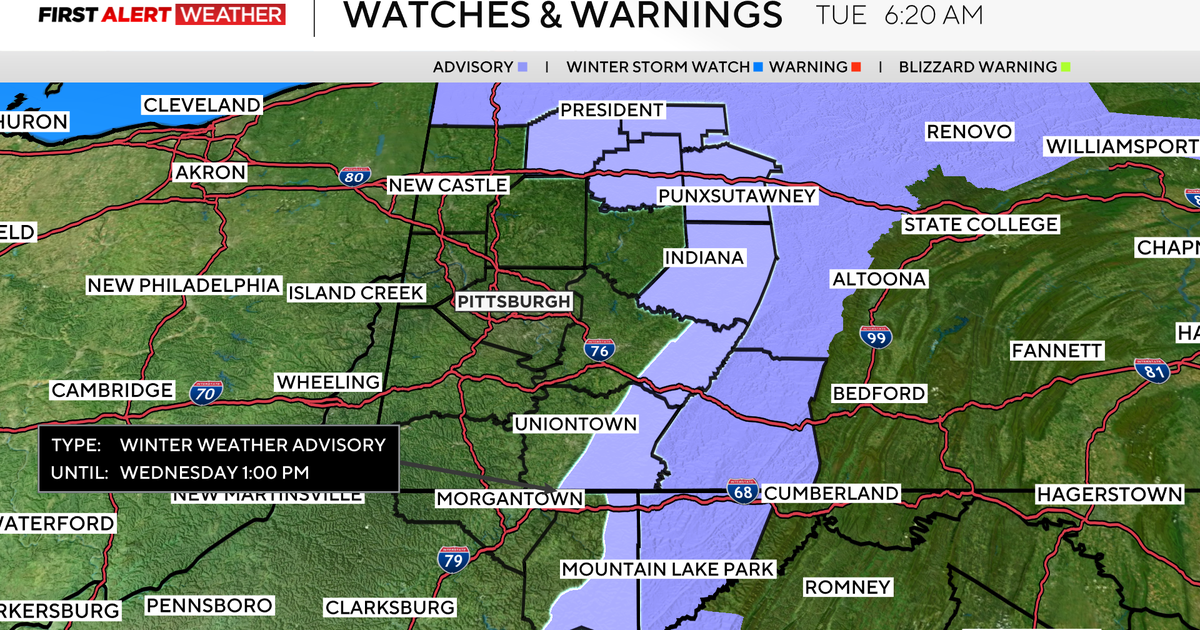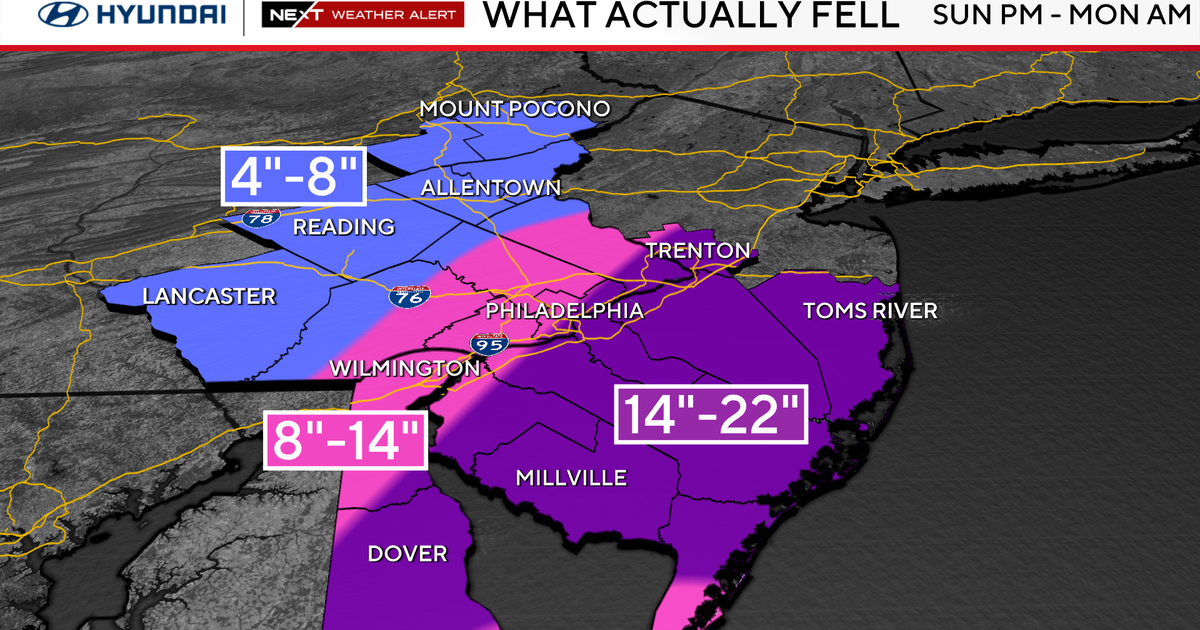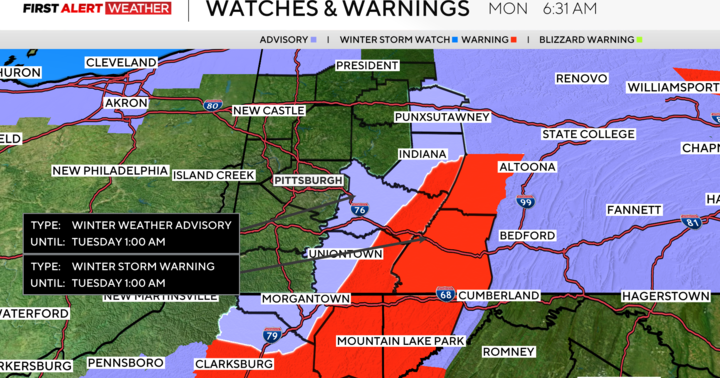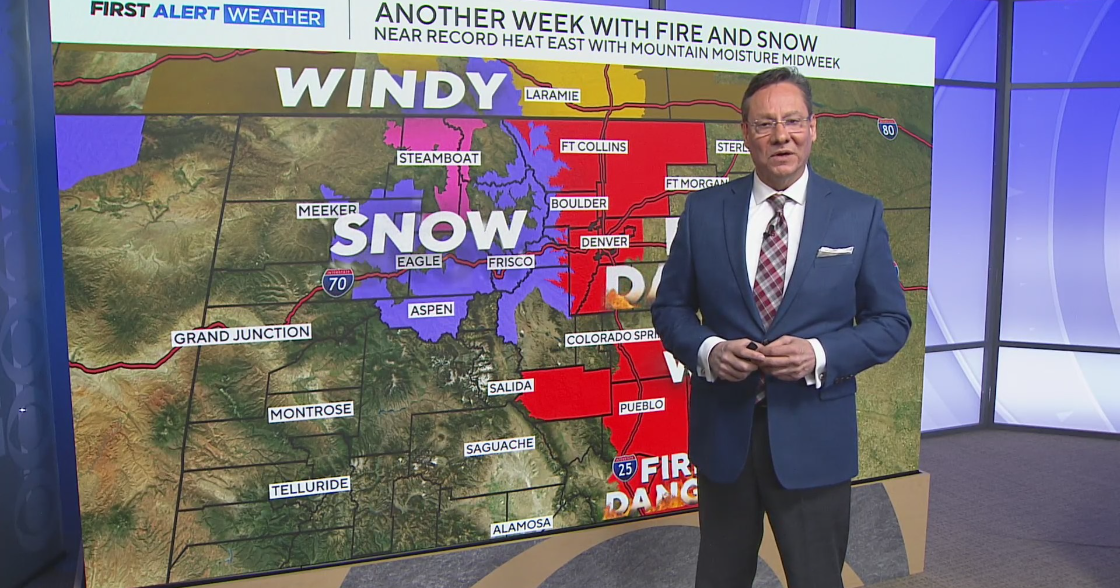New tool combines data from multiple agencies to assess danger of wildfire smoke: "The future will be smokier"
MINNEAPOLIS — Canadian wildfire smoke is impacting air quality again across parts of Minnesota this week. This time, the Arrowhead is the bullseye, where an alert remains in place until Thursday morning.
The headaches, burning eyes and difficulty breathing are becoming all too common with bout after bout of wildfire smoke. In the most extreme cases, even death could be a result.
"Wildfire smoke is harmful to your health. And those harms can occur and do occur during a smoke wave. Before this, normally we would have to wait months or even years to get those kind of estimates of how bad the smoke wave was," said Alistair Hayden, a professor in the Department of Public and Ecosystem Health at Cornell University.
To help link those fatalities and hospitalizations to the harmful air quality, Hayden and other scientists at Cornell University have created a new tool combining data from the Environmental Protection Agency, Centers for Disease Control, National Oceanic and Atmospheric Administration and the Census Bureau. The goal: to help officials make real-time decisions even faster to protect the hardest hit communities.
"Help emergency managers, public health people, people working in hospitals and the general public understand when is the level getting so high that, 'Goodness, we really need to take action now,'" Hayden said.
Minnesotans and Wisconsinites know all too well how bad the air quality was last year. The dashboard estimates 133 deaths in Wisconsin and 77 in Minnesota in 2023. New York, Pennsylvania and Michigan top the list with a combined estimate of more than 650 deaths.
"The future will be smokier," Hayden said. "And so we really need to work on how we're gonna protect ourselves and our communities from that wildfire smoke."
Hayden said to date, there has never been a federal disaster declaration because of smoke. He hopes this extra data will change that to help bring in extra resources and funding when it's needed.

